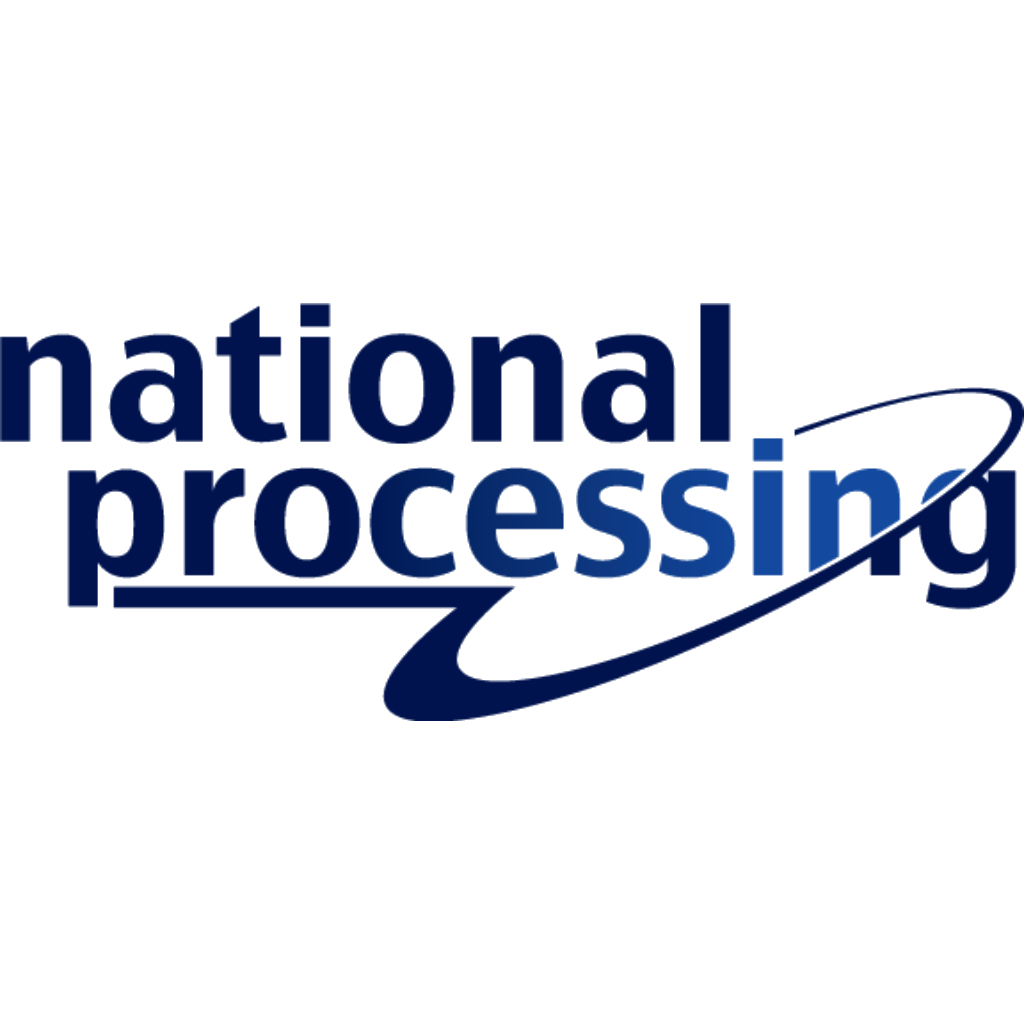Payment Facilitators vs. ISOs
Payment processing has always been an essential component of running a business. In the modern world, companies rely on payment processors to process credit and debit card payments.
Let’s look at the differences between Payfacs and ISOs.
Why Aren’t All Merchant Service Providers A Bank?
Not all merchant service providers are banks, and for merchants, that can be a good thing. ISOs and Payfacs act as middlemen, making it easier for businesses to accept credit card payments.
While banks may offer merchant accounts, many small businesses do not meet their stringent qualifying criteria. To meet the needs of these businesses, non-bank merchant service providers, like ISOs and Payfacs, are available.
Why Is There Someone In The Middle?
Billions of people worldwide are making purchases every day. Daily, there are nearly 1 billion transactions occurring through debit and credit cards. The largest businesses in the world, even Visa and Mastercard, do not have the:
-
- Resources to handle these transactions
-
- Risk tolerance to handle every transaction
Using a “middleman,” or an ISO in this case, helps the issuing bank reduce the resources and personnel they need to handle the billions of transactions that occur every month.
Additionally, transactions come with risks that every bank wants to avoid.
For example, fraudulent charges may lead to chargebacks, and banks may even revoke a merchant’s ability to accept cards if too many chargebacks occur. ISOs take on the risk that the bank doesn’t want to. Banks look to an ISO to handle things, such as merchant accounts and services, that they view as too risky for their own operation.
What is a Payment Facilitator?
A payment facilitator, often abbreviated to just “Payfac,” is a service provider. When a merchant needs to accept electronic payments, such as for online sales, they’ll use a Payfac.
The payment facilitator helps the merchant by allowing the merchant to use its infrastructure for a fee.
The facilitator is responsible for:
-
- Maintaining relationships with card networks
-
- Large processing accounts with 1+ million annually
The Payfac will handle PSP merchant accounts and will work as a master account under which other merchants are signed up. The benefit of a payment facilitator is that they speed up enrollment.
What Is An ISO?
An ISO is short for “Independent Sales Organization,” and these are payment processing companies responsible for the handling of merchant accounts. The ISO will have deep relationships with member banks and provide merchant services to customers.
You may find the term ISO and MSP used interchangeably, and for the most part, they mean the same thing.
Visa tends to use the term ISO, while Mastercard uses the term MSP.
The ISO is an intermediary between:
-
- Acquiring banks
-
- Merchants
ISOs will work to provide support and customer service to merchants while also trying to sign on new clients for acquiring banks and major payment processors.
How Is an ISO Different from an ISV?
An ISO and ISV may work to support one another and offer complex payment processing solutions. However, there is a difference between an ISO and ISV:
-
- ISOs are responsible for the actual payment processing terminal and the terminal technology required for the payment. An ISO is a merchant service provider, and they are responsible for providing payment technology, setting up merchant accounts and other activities.
-
- ISVs are tasked with developing software for the specialized needs of the payment processing industry and ensuring that all of the software is compatible.
As is clear, the relationship between an ISO and ISV is highly integrated because ISOs often look for solutions that an ISV provides. In addition, an ISV will also search for terminal solutions that will work with the software they create.





